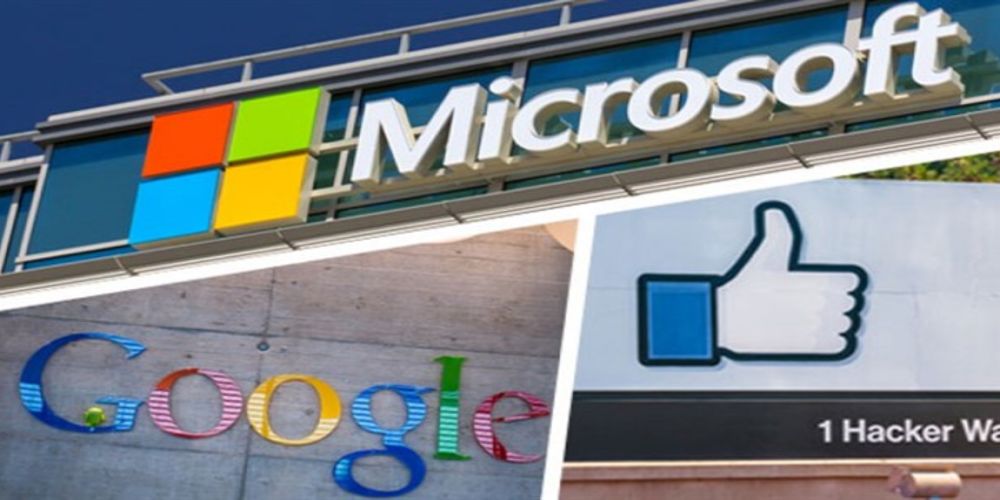Seattle Public Schools Sue Big Tech Over Mental Health Crisis
- 271

Seattle's public school district has filed a lawsuit against some of the biggest names in tech, claiming that Google, Snap, and TikTok are responsible for a worsening mental health crisis among students. The complaint alleges that the companies purposefully designed their products to hook young people on their platforms, leading to a decline in student mental health and consequently hindering the schools' ability to carry out their educational mission.
In response to the lawsuit, Google stated that it has invested heavily in creating safe experiences for children across its platforms as well as introducing "strong protections and dedicated features" with an emphasis on user well-being. Similarly, Snap also said it works closely with many mental health organizations to provide in-app tools and resources for users so that they can prioritize their own safety.
Despite this effort from Big Tech Companies towards ensuring user safety online, there is still much more need for regulation when it comes to protecting young people from exploitative practices like those alleged by the Seattle public school district lawsuit. Specifically, focusing on how social media giants use data mining techniques which incentivize the overuse of these platforms needs further consideration if we are ever going to properly address this growing mental health crisis among students today.
Beyond legal action taken against Big Tech companies like Alphabet Inc., Meta Platforms Inc., Snap Inc., and ByteDance (owner of TikTok), other measures must be taken by both parents and educators alike if we hope to better protect our children’s mental well-being while using digital devices or engaging with social media services online. These include dedicating time each day away from screens entirely – allowing kids time outdoors or engaging them in creative activities such as art or music; setting clear expectations around device usage; monitoring what kinds of apps or websites kids visit; having conversations about how too much screen time can be detrimental; encouraging conversation about cyberbullying; teaching kids how not share personal information online etcetera..
All things considered, though legal action is one way forward towards tackling issues related to youth exposure online – including declining mental health - broader strategies focused on education must also be looked at if we wish to solve this problem effectively long term.